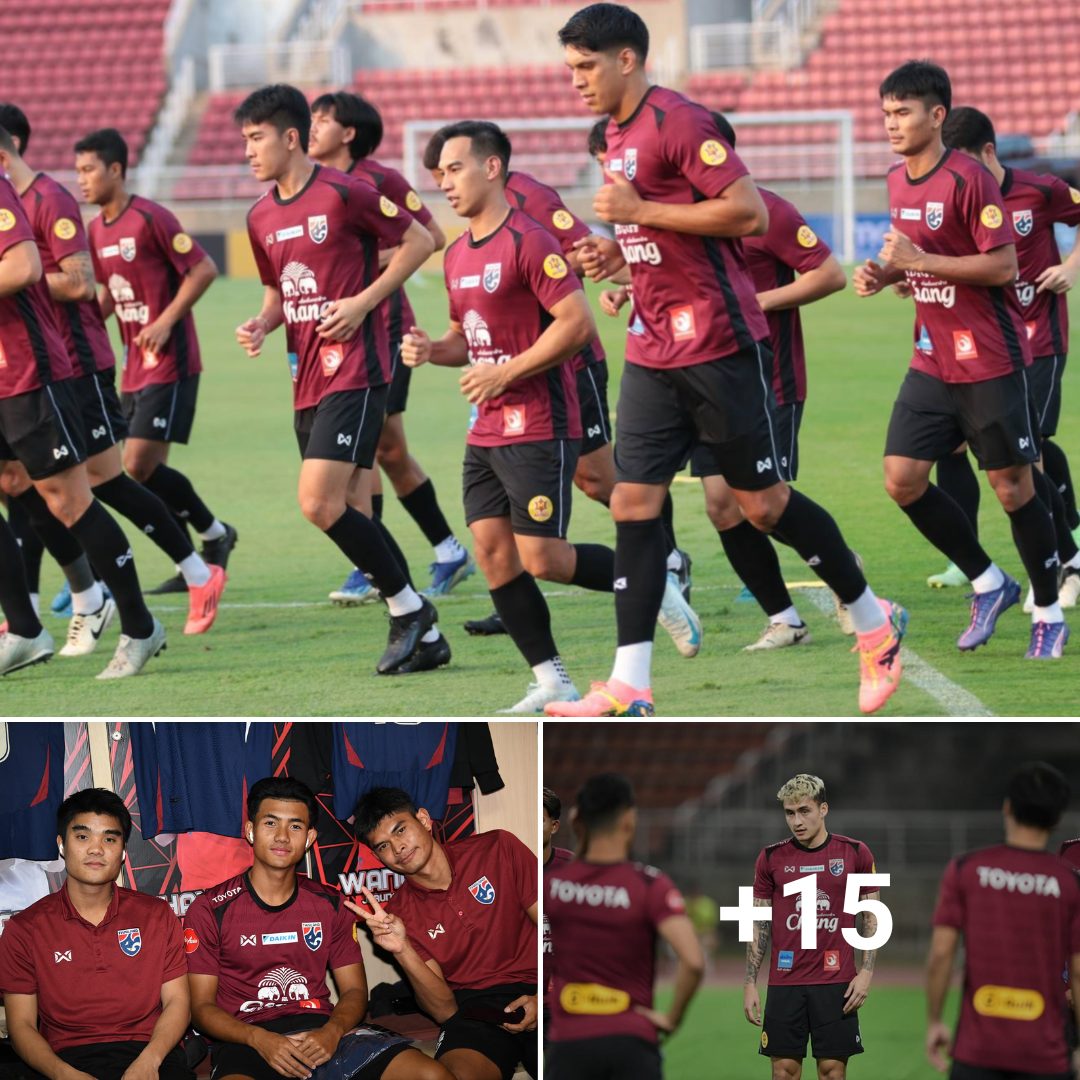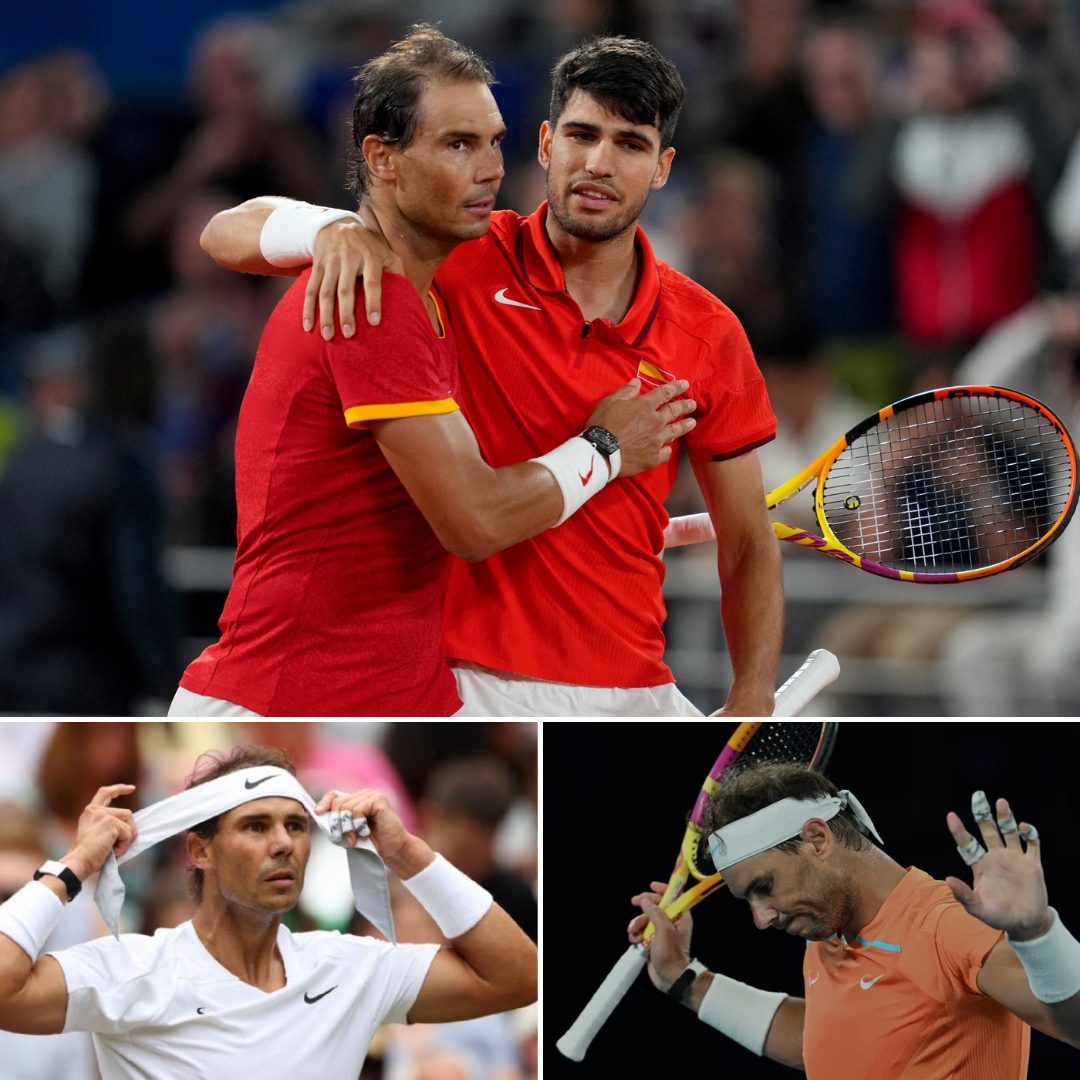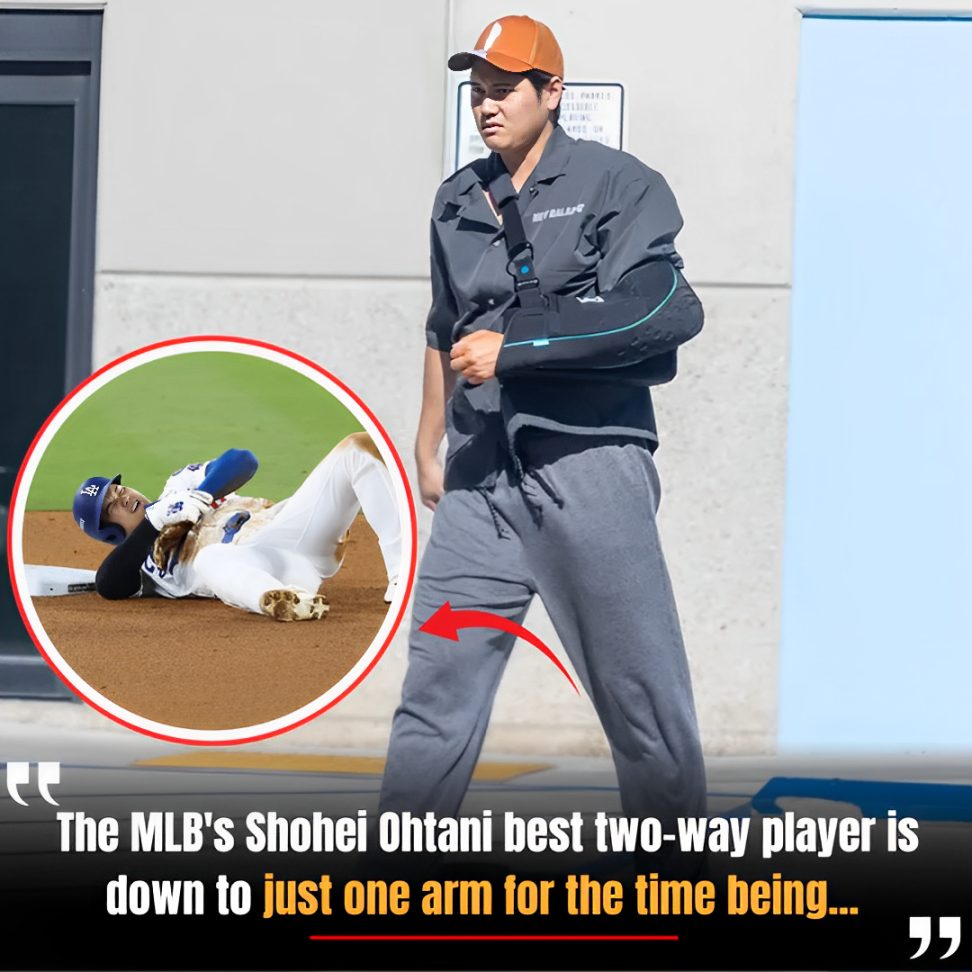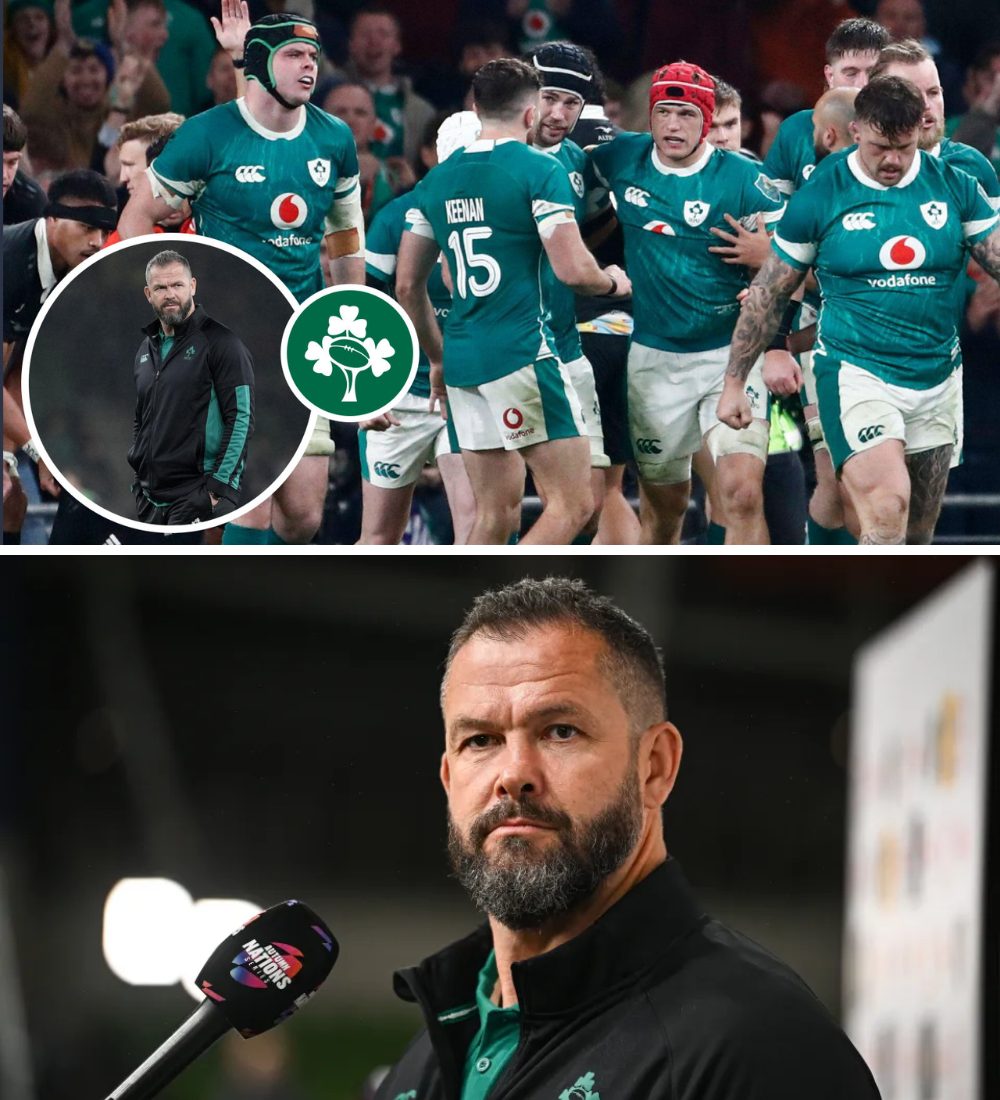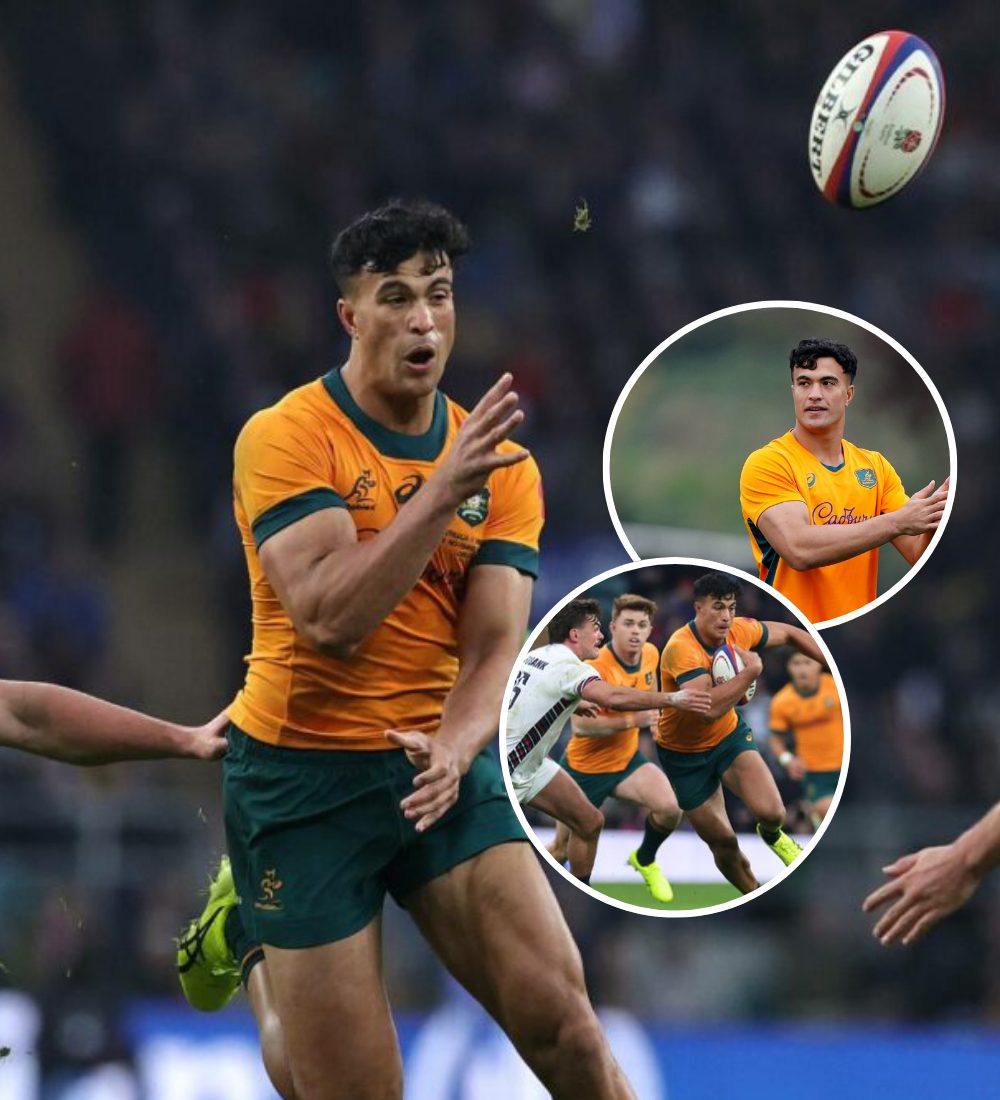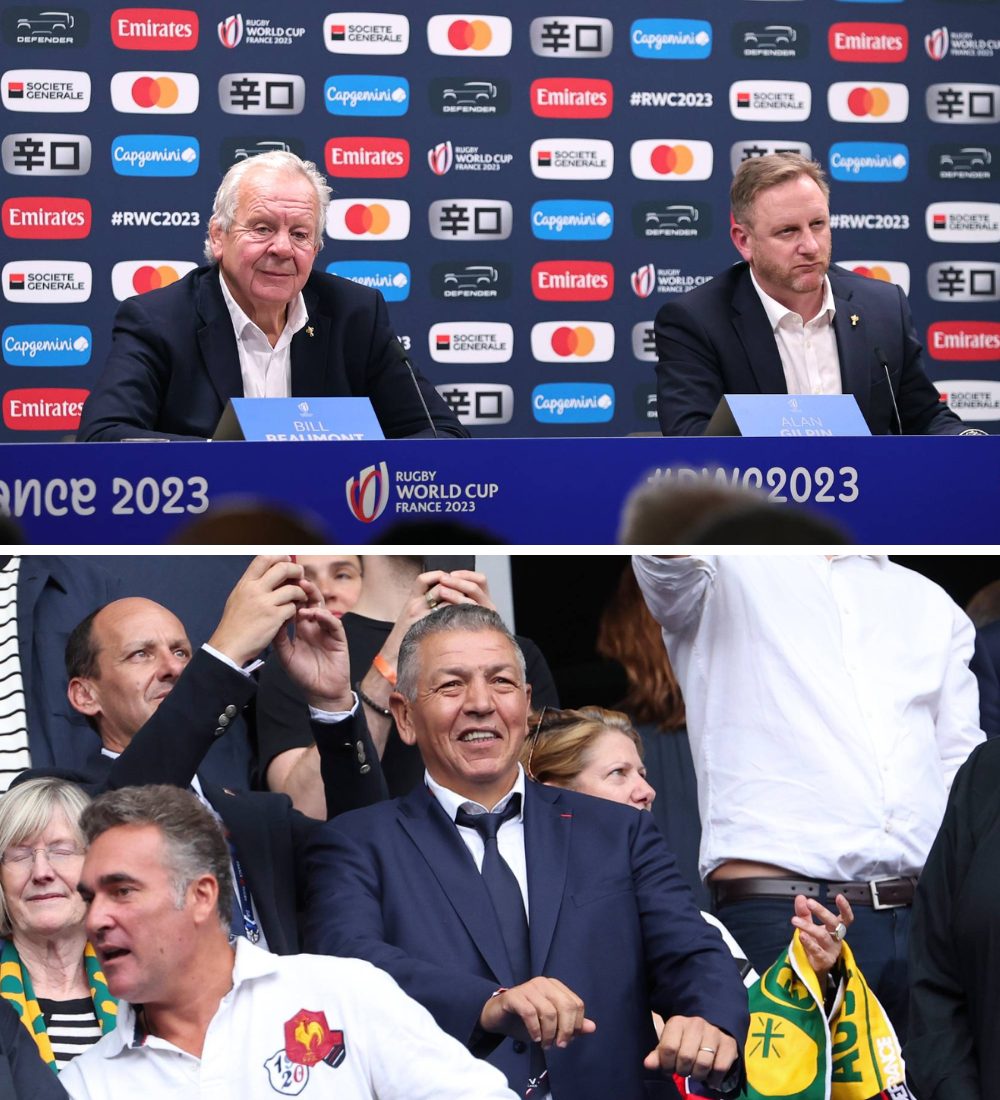Manchester United’s up-and-down UEFA Champions League campaign seems to have one constant: no matter how often they could score on any given day, they are equally able to concede. It was very obviously the case again on Wednesday, when they relinquished a two goal lead twice and eventually tied 3-3 at Galatasaray.
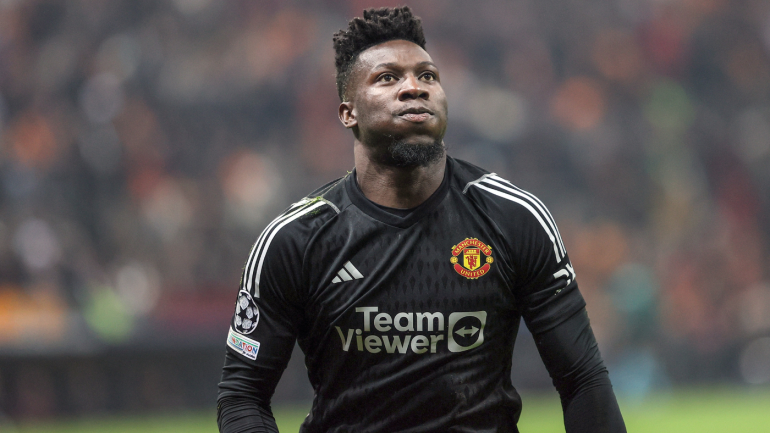
Erik ten Hag’s side played a fairly even game with their Turkish counterparts, to some degree. Galatasaray had a slight edge in possession and shots but United edged them in expected goals 1.79 to 1.49, showing that both overperformed on their offensive output. That last stat alone is an indication that the game was a wild one, and the eye test on United’s defensive performance — and chiefly that of goalkeeper Andre Onana — backs that claim up perfectly.
Two of Galatasaray’s three goals came off of freekicks taken by Hakim Ziyech and saw Onana misjudge the opportunity entirely, allowing the ball to fall beyond the goal line in the process. It was far from the first time goalkeeping was an issue for United in European play this season — Onana notably took the blame for their 4-3 loss at Bayern Munich on Matchday 1.
Though Onana’s blunders are becoming familiar in the Champions League, his performances in European play are in stark contrast to his showing in Premier League action. He’s impressed in his first season in the English league thus far, despite United’s overall unimpressive defense streak. The goalkeeper ranks second in the league for clean sheets (five), saves (51), save percentage (75.8%), and goals prevented as compared to post-shot expected goals (3.67).
The decline in the Champions League has been sharp. He has one clean sheet in five games, and though he still ranks in the top five for saves, Onana is averaging 3.6 saves per game, down from the 3.92 figure in the Premier League. Most notably, his save percentage is down to 56.3% and his goals prevented count is -2.63, meaning an average keeper would have conceded 2.63 fewer goals than him given the shots he’s faced.

The discrepancy in Onana’s performances is hard to explain, but it reflects United’s overall defensive trends from Premier League to Champions League play. Erik ten Hag’s team are amongst the bottom five for goals conceded with 16 and have averaged 1.23 goals allowed per game in their domestic league. In Europe, though, have conceded 14 goals in five games — nearly level with their Premier League total after 13 games — and average 2.8 goals allowed a game, behind only Antwerp.
Ten Hag is dealing with an injury crisis that has not helped matters. Lisandro Martinez and Casemiro are currently on the sidelines, while the likes of Luke Shaw and Harry Maguire spent a notable chunk of time away from the team. Maguire was also iced out by the manager at one point but worked his way back into the team because of vacancies, while Raphael Varane seems to be in a similar spot at the moment.
United’s defense is far from their only problem during a season plagued by inconsistent form across the pitch. Rasmus Hojlund, for example, is the exact inverse of Onana and has yet to translate his strong Champions League form into impressive Premier League displays and their midfield has looked complacent at times. Somehow, though, ten Hag’s team has wiggled their way out of those tight spots to post 12 goals in five Champions League games and sit sixth in the Premier League.
There may be time to salvage their domestic ambitions, but with just four points after five games and a match against Bayern on Matchday 6, Group A’s last place team will need a lot of help to even envision a berth in the Europa League knockout round playoffs. The blame for that lies chiefly, but not solely, at the feet of United’s defenders, and the back line will likely serve as a first area of improvement if the team plans to actually live up to last season’s hype.
